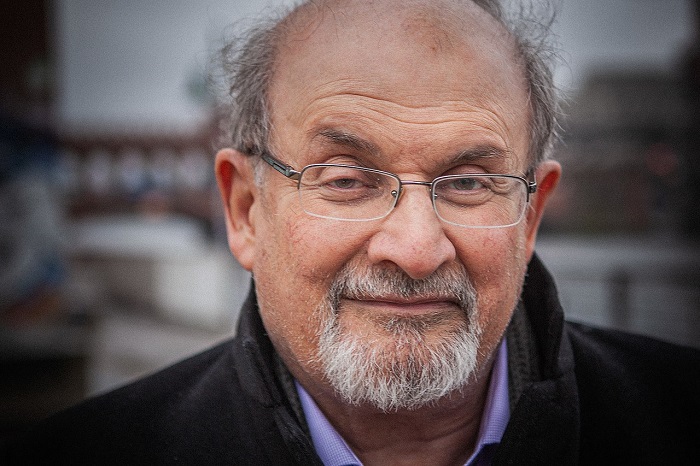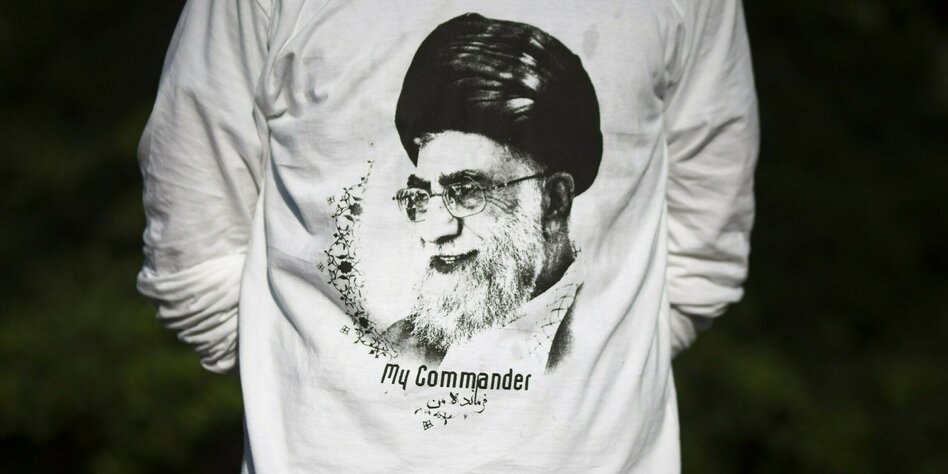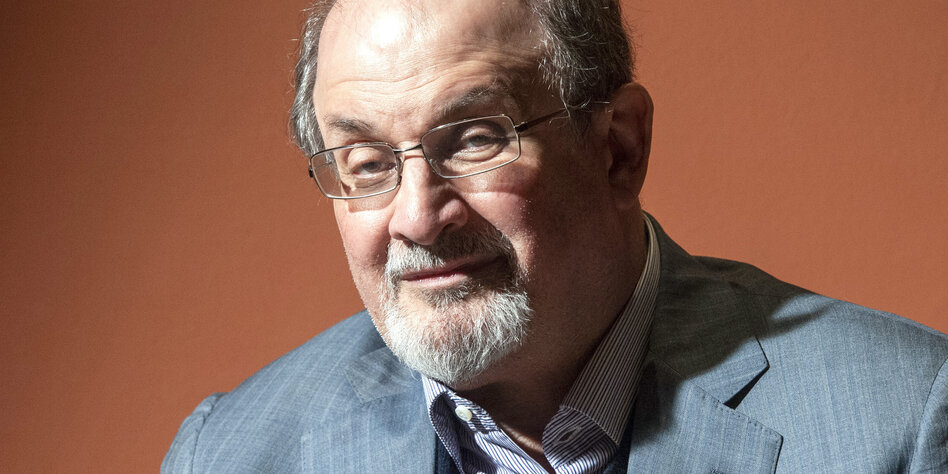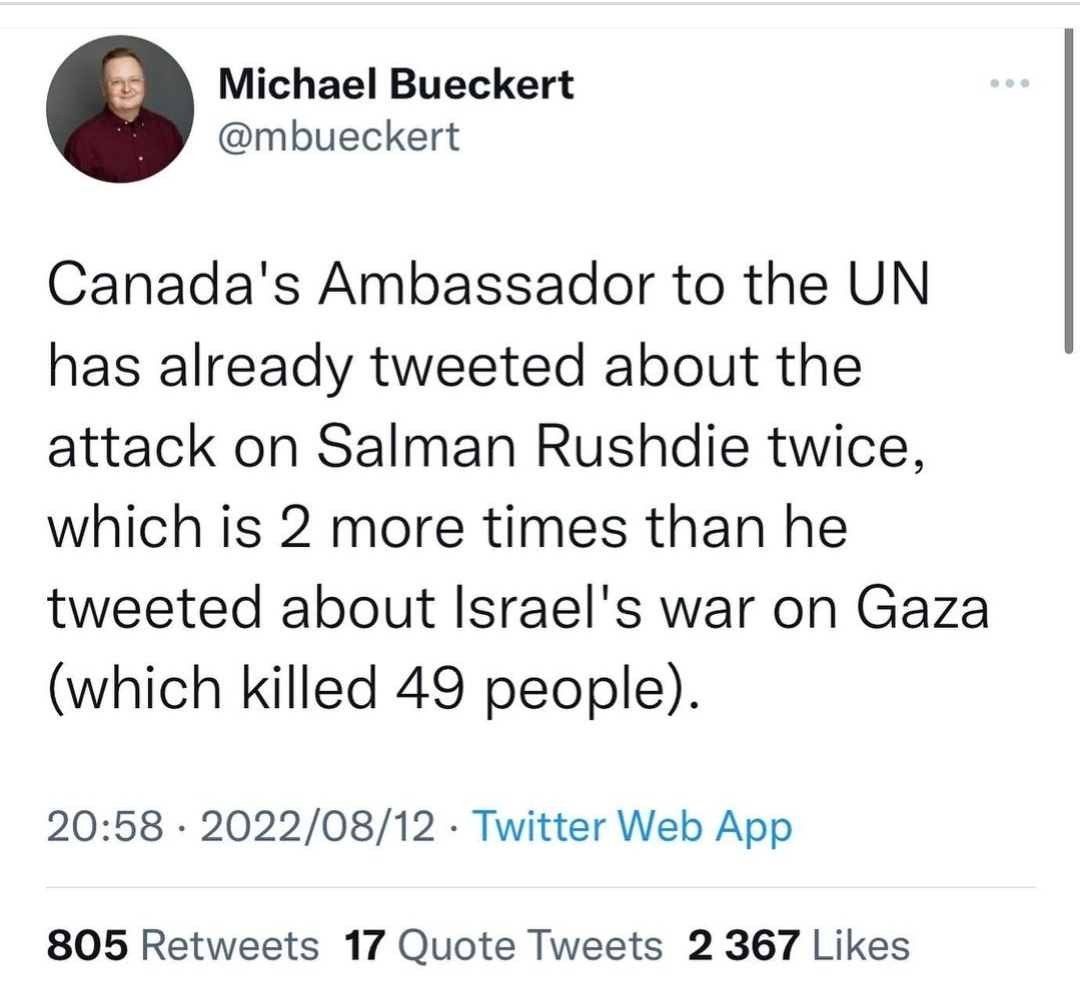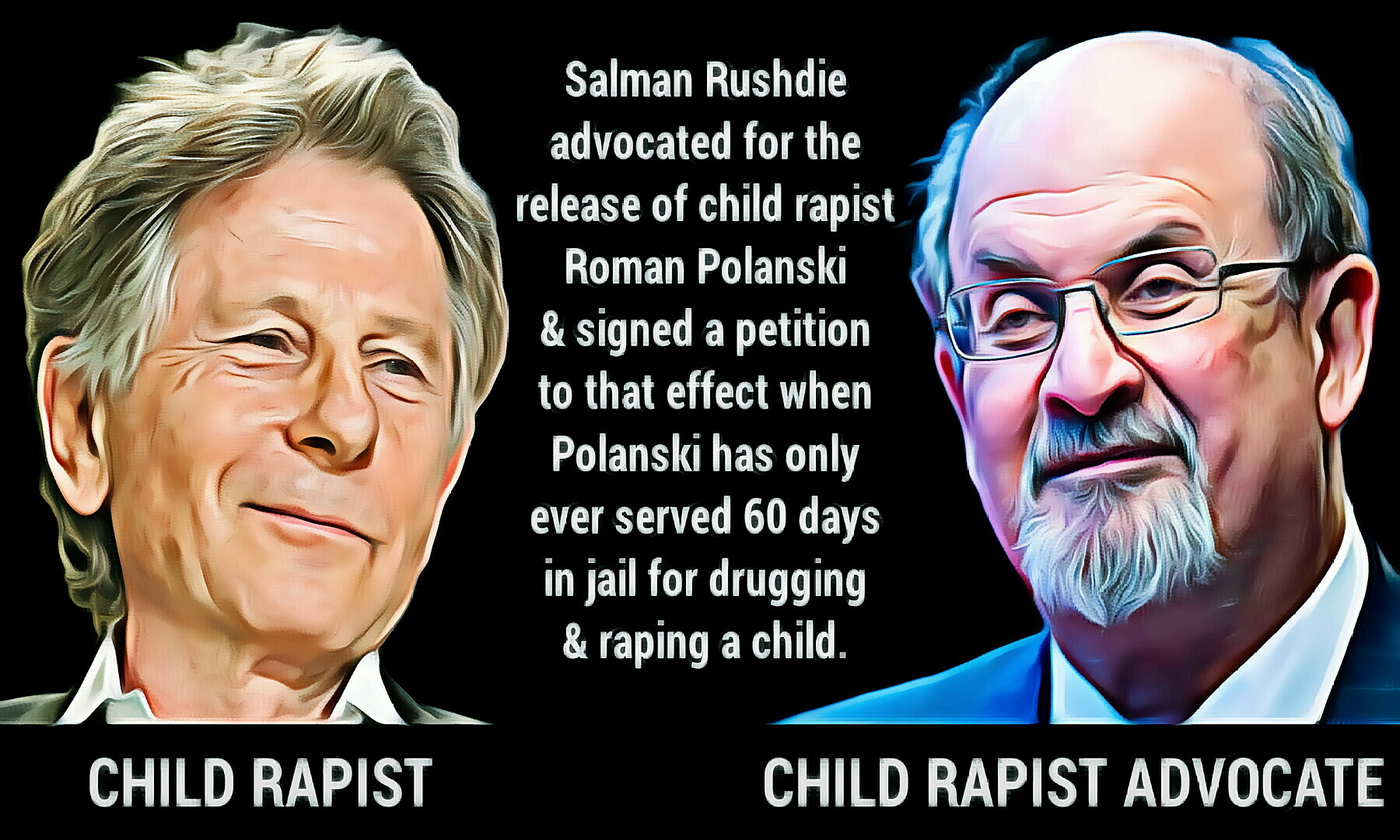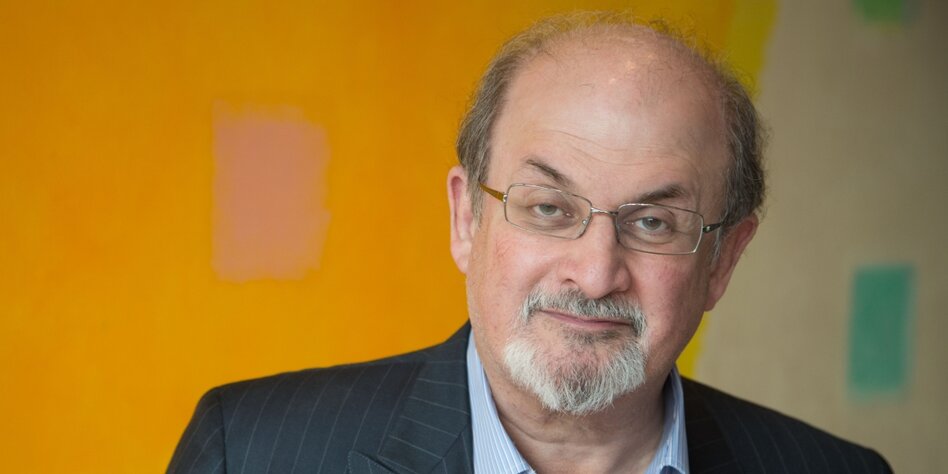Margaret Atwood (The Guardian) > Nederlandse versie | In Dutch
The Satanic Verses author didn’t plan to become a hero, but as he recovers from this attack, the world must stand by him. (...)
Rushdie exploded on to the literary scene in 1981 with his second novel, Midnight’s Children, which won the Booker prize that year. No wonder: its inventiveness, range, historical scope and verbal dexterity were breathtaking, and it opened the door to subsequent generations of writers who might previously have felt that their identities or subject matter excluded them from the movable feast that is English-language literature. (...)
In any future monument to murdered, tortured, imprisoned and persecuted writers, Rushdie will feature large. On 12 August he was stabbed on stage by an assailant at a literary event at Chautauqua, a venerable American institution in upstate New York. (...)
Without doubt, this attack was directed at him because his fourth novel, The Satanic Verses, a satiric fantasy that he himself believed was dealing with the disorientation felt by immigrants from (for instance) India to Britain, got used as a tool in a political power struggle in a distant country.
When your regime is under pressure, a little book-burning creates a popular distraction. (...)
In Rushdie’s case, the power that used him as a pawn was the Ayatollah Khomeini of Iran. In 1989, he issued a fatwa – a rough equivalent to the bulls of excommunication used by medieval and renaissance Catholic popes as weapons against both secular rulers and theological challengers such as Martin Luther. (...)
Rushdie himself spent many years in enforced hiding. (...)
However, he never missed an opportunity to speak out on behalf of the principles he’d been embodying all his writing life. Freedom of expression was foremost among these. (...) [T]he right to freedom of expression does not include the right to defame, to lie maliciously and damagingly about provable facts, to issue death threats, or to advocate murder. These should be punished by law. (...)
As for those who are still saying, “yes, but …” about Rushdie – some version of “he should have known better”, as in “yes, too bad about the rape, but why was she wearing that revealing skirt” – I can only remark that there are no perfect victims. (...)
Living in a pluralistic democracy means being surrounded by a multiplicity of voices, some of which will be saying things you don’t like. Unless you’re prepared to uphold their right to speak, as Salman Rushdie has done so often, you’ll end up living in a tyranny.
Rushdie didn’t plan to become a free-speech hero, but he is one now. Writers everywhere – those who are not state hacks or brainwashed robots – owe him a huge vote of thanks.
Complete article
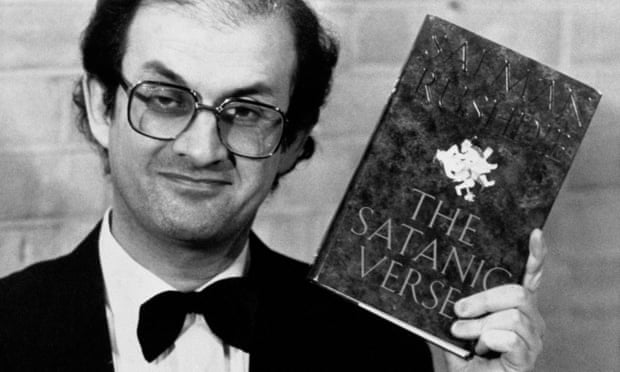
‘Salman Rushdie never missed an opportunity to speak out on behalf of the principles he’d been embodying all his writing life.’ The author in February 1989. Photograph: Adam Butler/PA.
Tags: #books #literature #rushdie #salman_rushdie #free_speech #atwood #margaret_atwood #libel #defamation #lies #lying #fake_news #propaganda
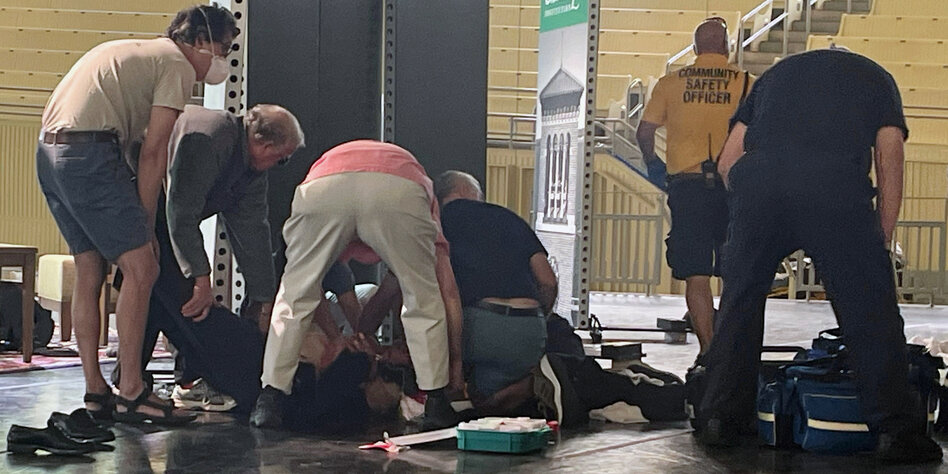
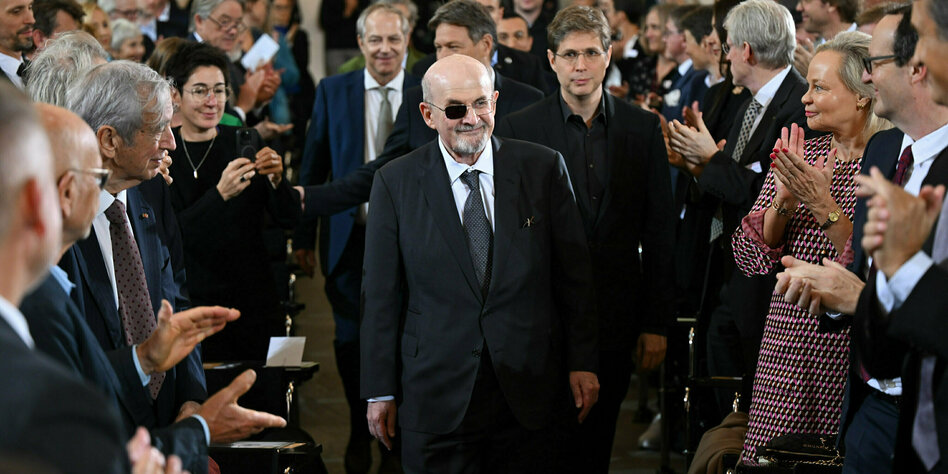
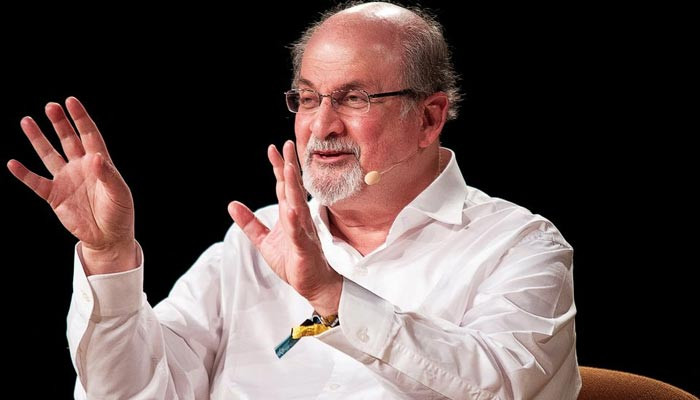
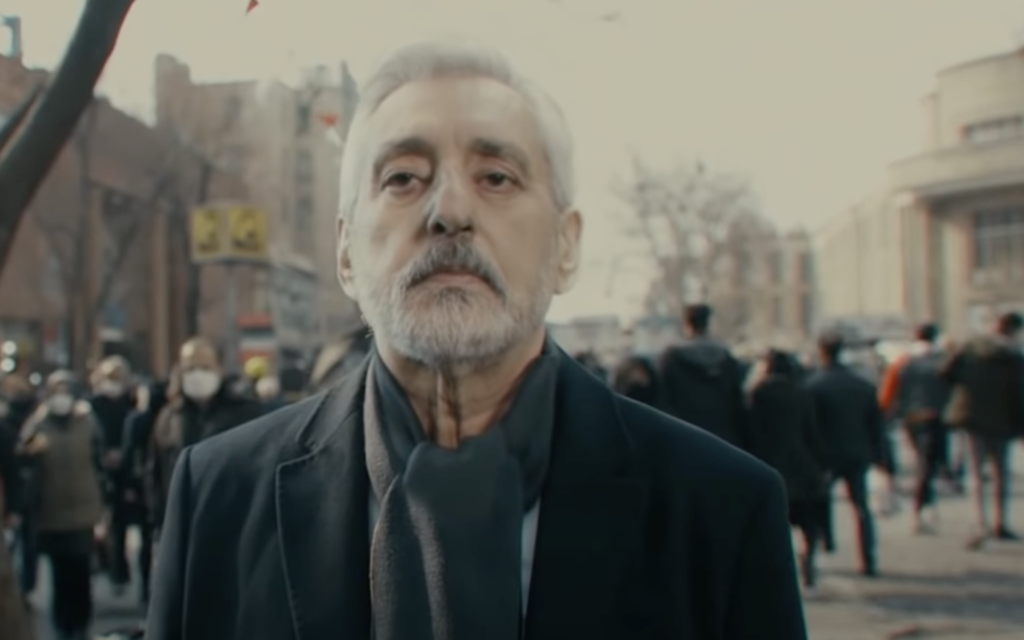
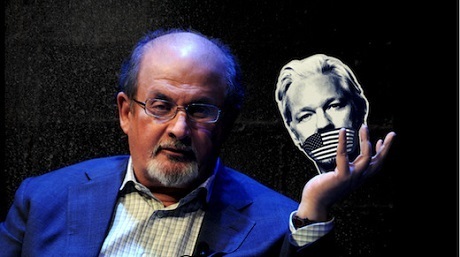

:format(webp)/s3/static.nrc.nl/images/gn4/stripped/data89515014-a28990.jpg)
/s3/static.nrc.nl/images/gn4/stripped/data89515014-a28990.jpg)

